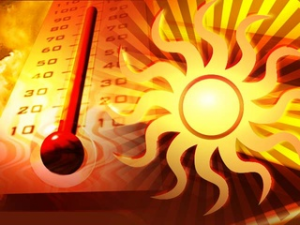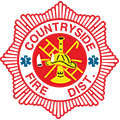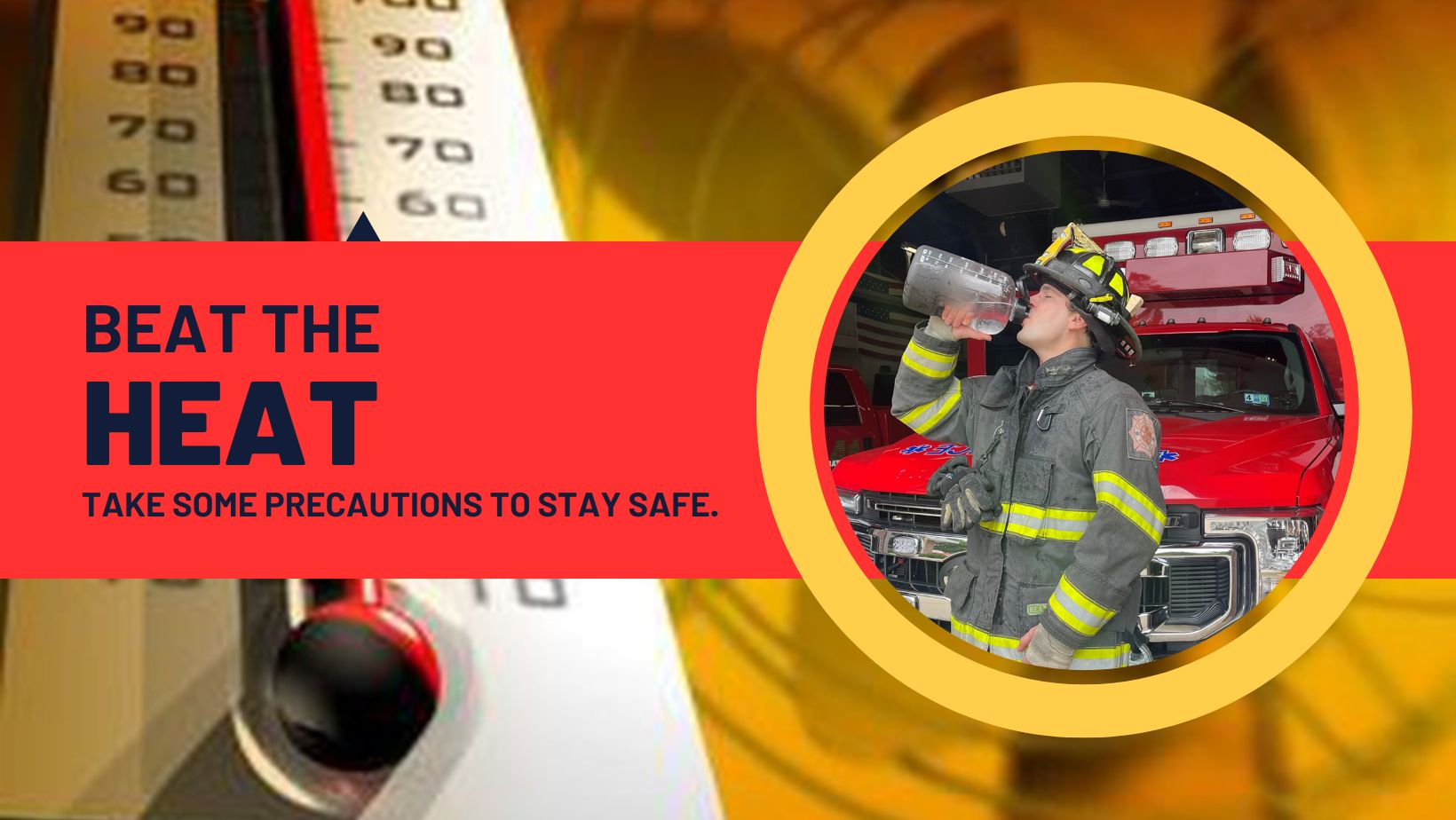 According to the Centers for Disease Control and Prevention, climate change and extreme heat causes more deaths each year than lightning strikes, hurricanes, tornadoes, floods and earthquakes combined!
According to the Centers for Disease Control and Prevention, climate change and extreme heat causes more deaths each year than lightning strikes, hurricanes, tornadoes, floods and earthquakes combined!
WHO IS AT RISK?
The elderly, people with a chronic medical problem, homeless, outdoor workers, and athletes are most at risk to heat sickness.
WARNING SIGNS & SYMPTOMS OF HEAT-RELATED ILLNESS
Muscle cramping might be the first sign of heat-related illness, and may lead to heat exhaustion or stroke.
WHAT CAN YOU DO?
Here is how you can recognize heat exhaustion and heat stroke and what to do:
Heat Exhaustion
|
What You Should Do:
|
Heat Stroke
|
What You Should Do:
|
To learn more visit: Centers for Disease Control and Prevention: Extreme Heat & Your Health.


